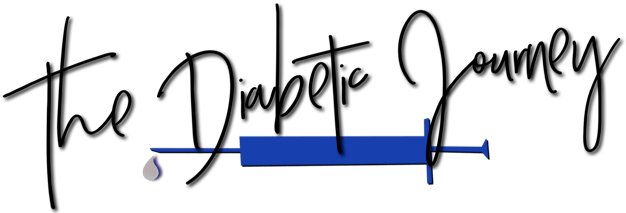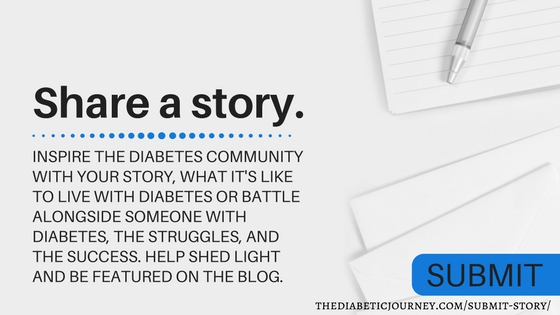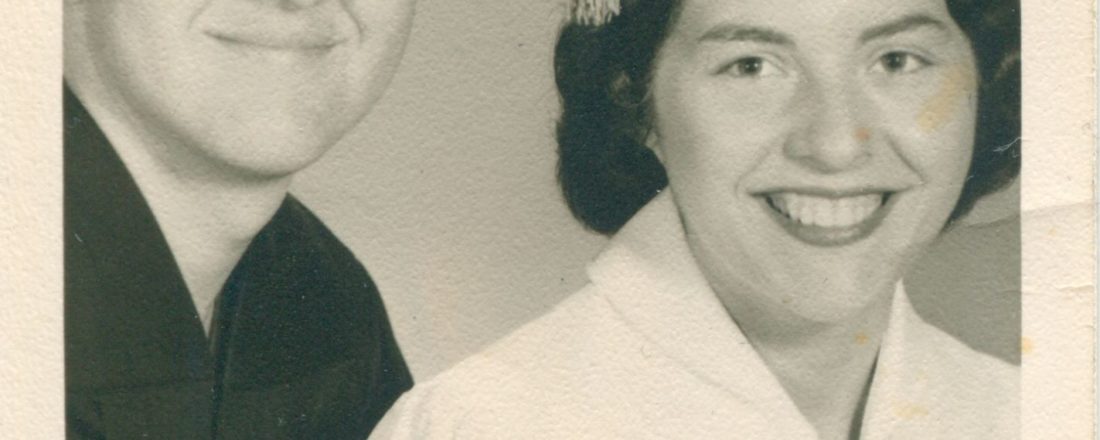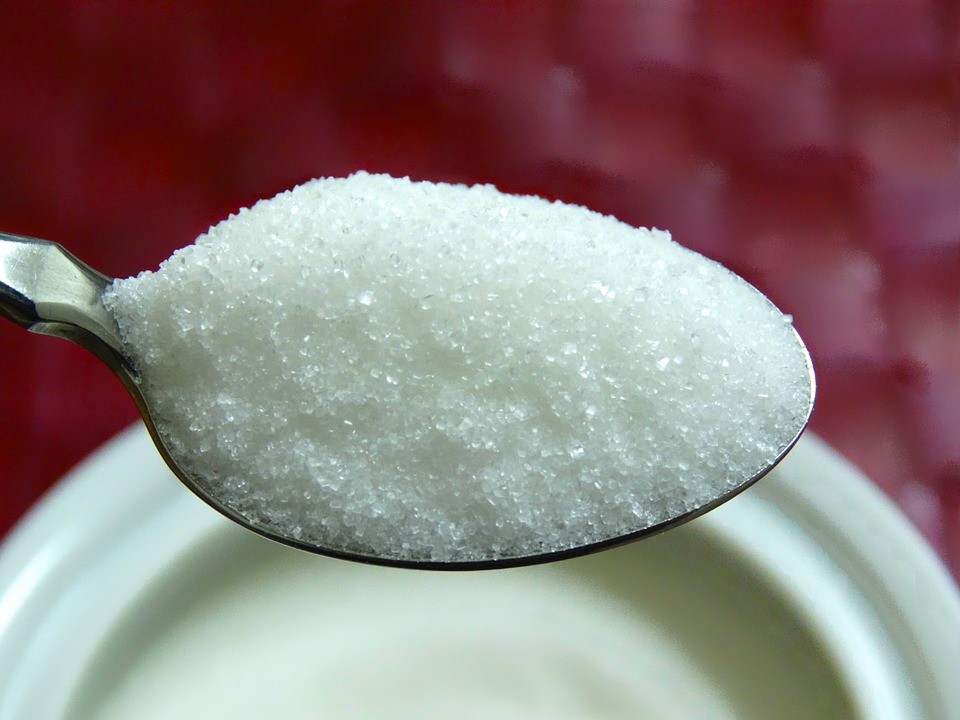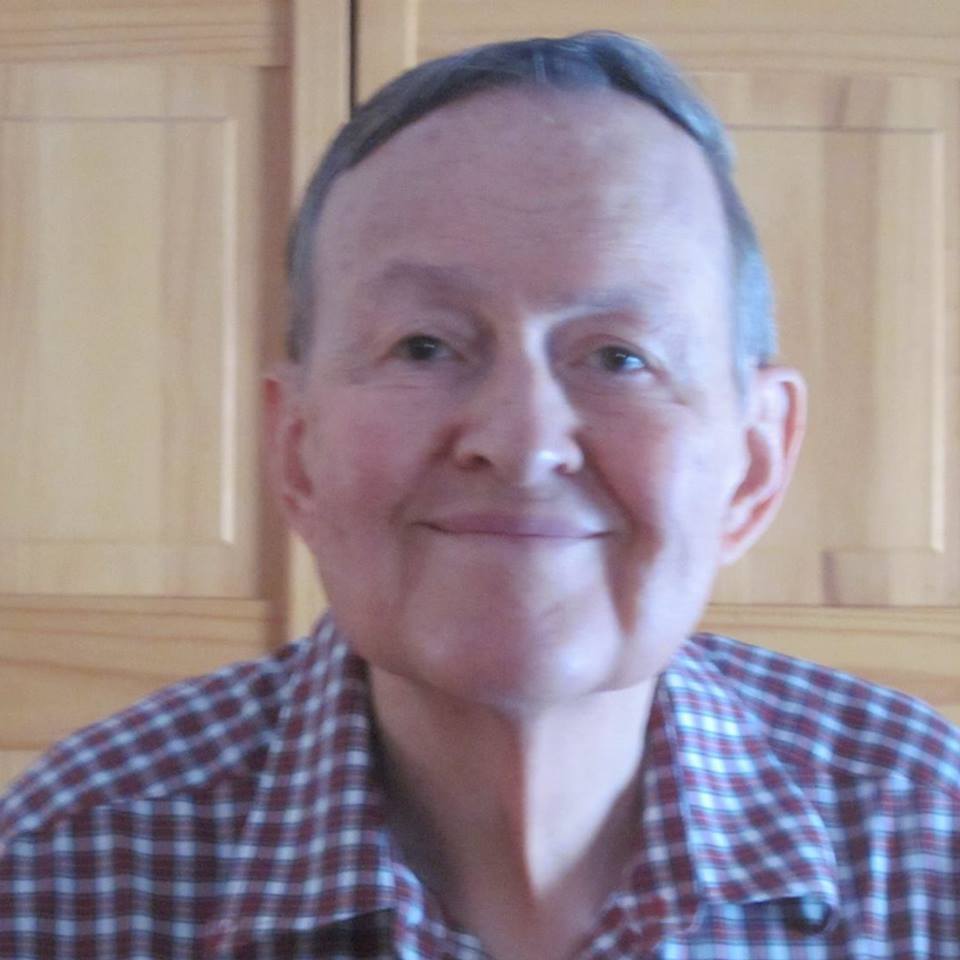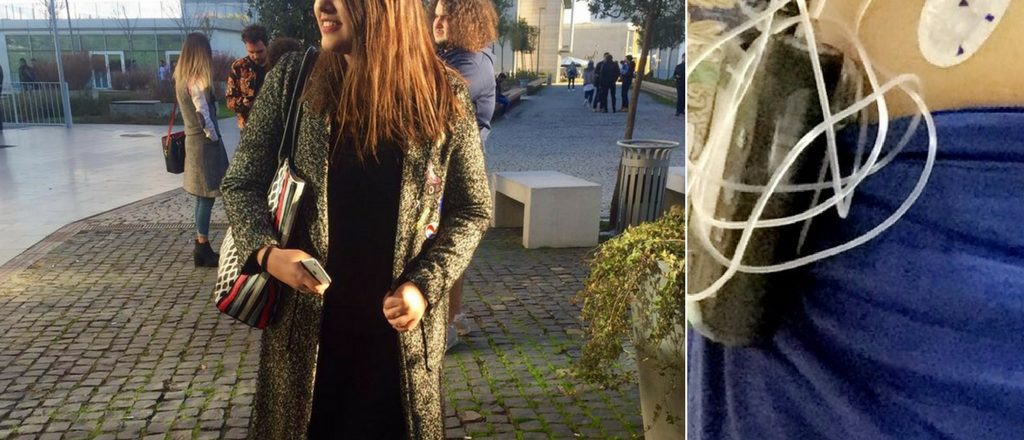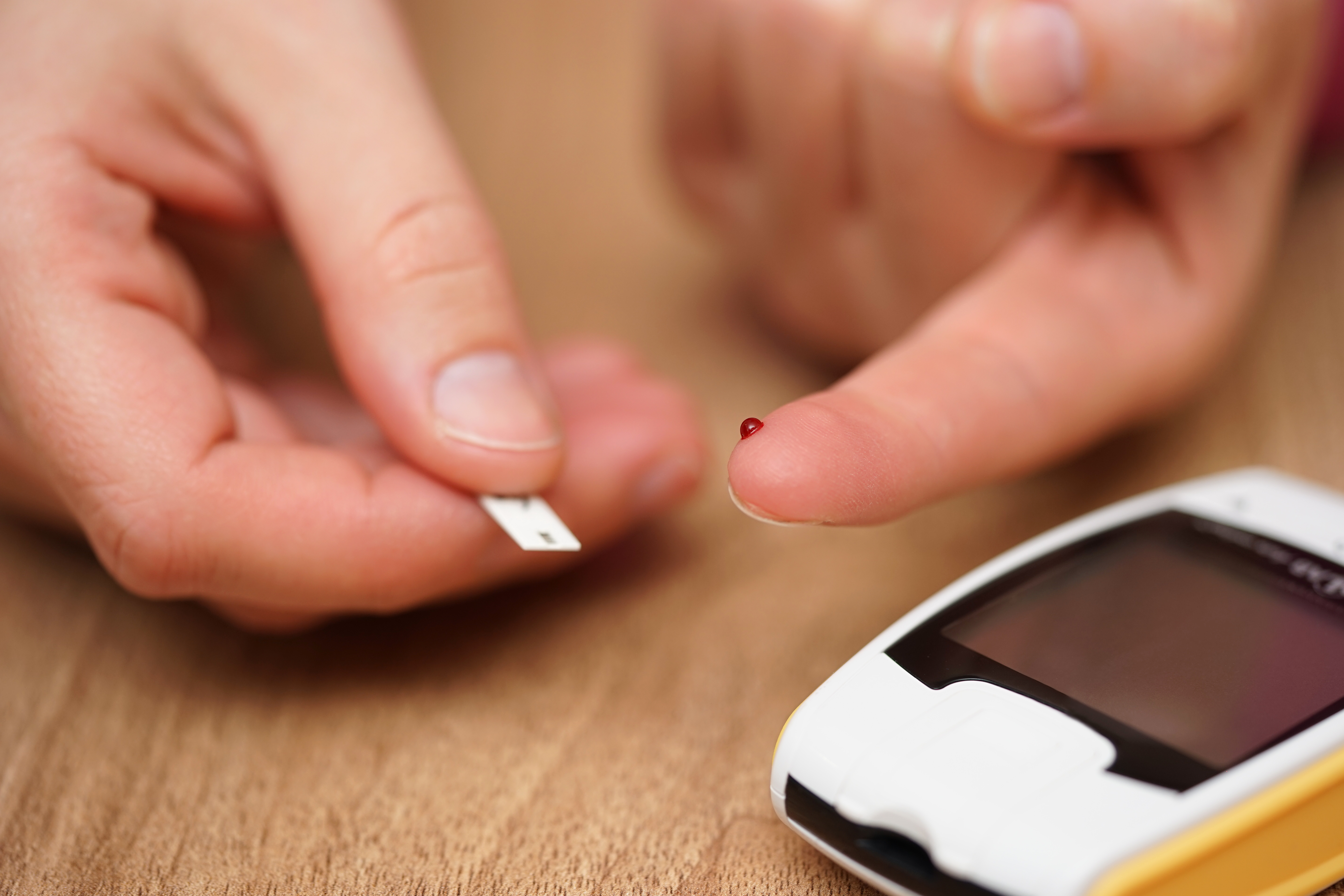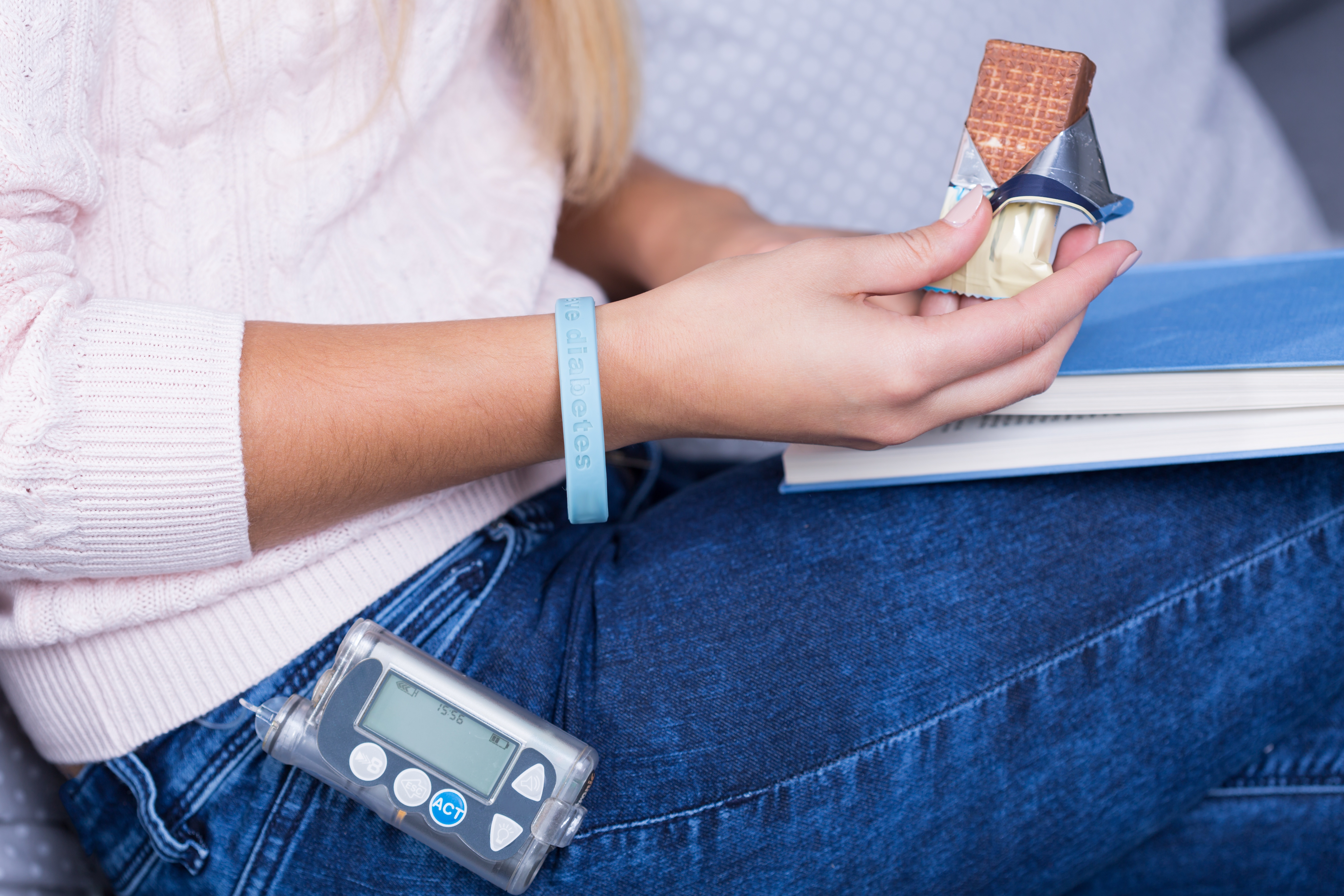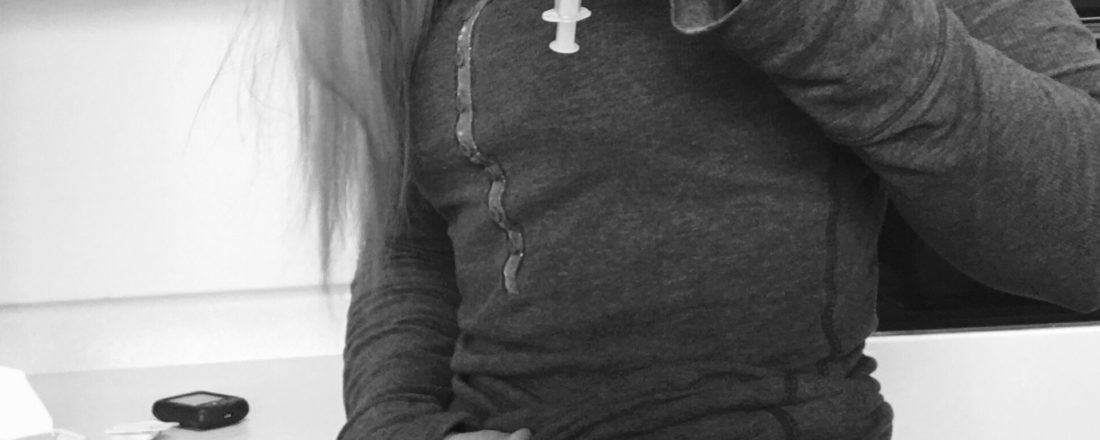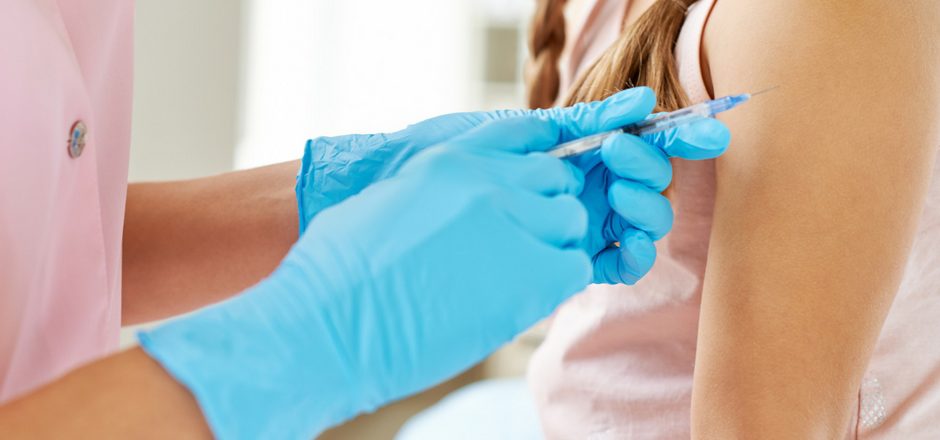Teenager With Type 1 Diabetes -
By: Sarah Ball
I was diagnosed with Type 1 Diabetes just nine days before my thirteenth birthday. I was excited to start a new chapter of my life. I was about to start my last year of middle school and officially become a teenager.
Becoming a teenager is rough. We all know it. At this point in your life, you’re so desperate to slip under the radar and fit in as much as possible. And with something that resembles a pager on my waist, it became difficult to fit in.
For my first year of diagnosis, I had to go to the nurse’s office everyday to give myself an injection after lunch. I remember clearly a classmate of mine being in the nurse’s office when I gave an injection one day.
He later called me out in front of my entire class asking “why did you give yourself an Epipen shot earlier?” I didn’t know how to respond. I was frozen. My teacher, who overheard the conversation, tried to change the subject and move on. That was the first of many times in that first year that I was humiliated for being different.
Later in the year one of my friends, who didn’t know I was diabetic, saw me check my blood sugar. She immediately asked me what my meter was. I froze again. I felt that same rush of humility. I ignored her.
Later that day, she messaged me and I explained that I was a diabetic and I didn’t want her to think I was a freak because I wasn’t like everyone else. She responded with compassion and explained how she would have never thought that, even if I am different. I started to feel better about being different after that conversation.
The first year of high school was also the first year I had an insulin pump.
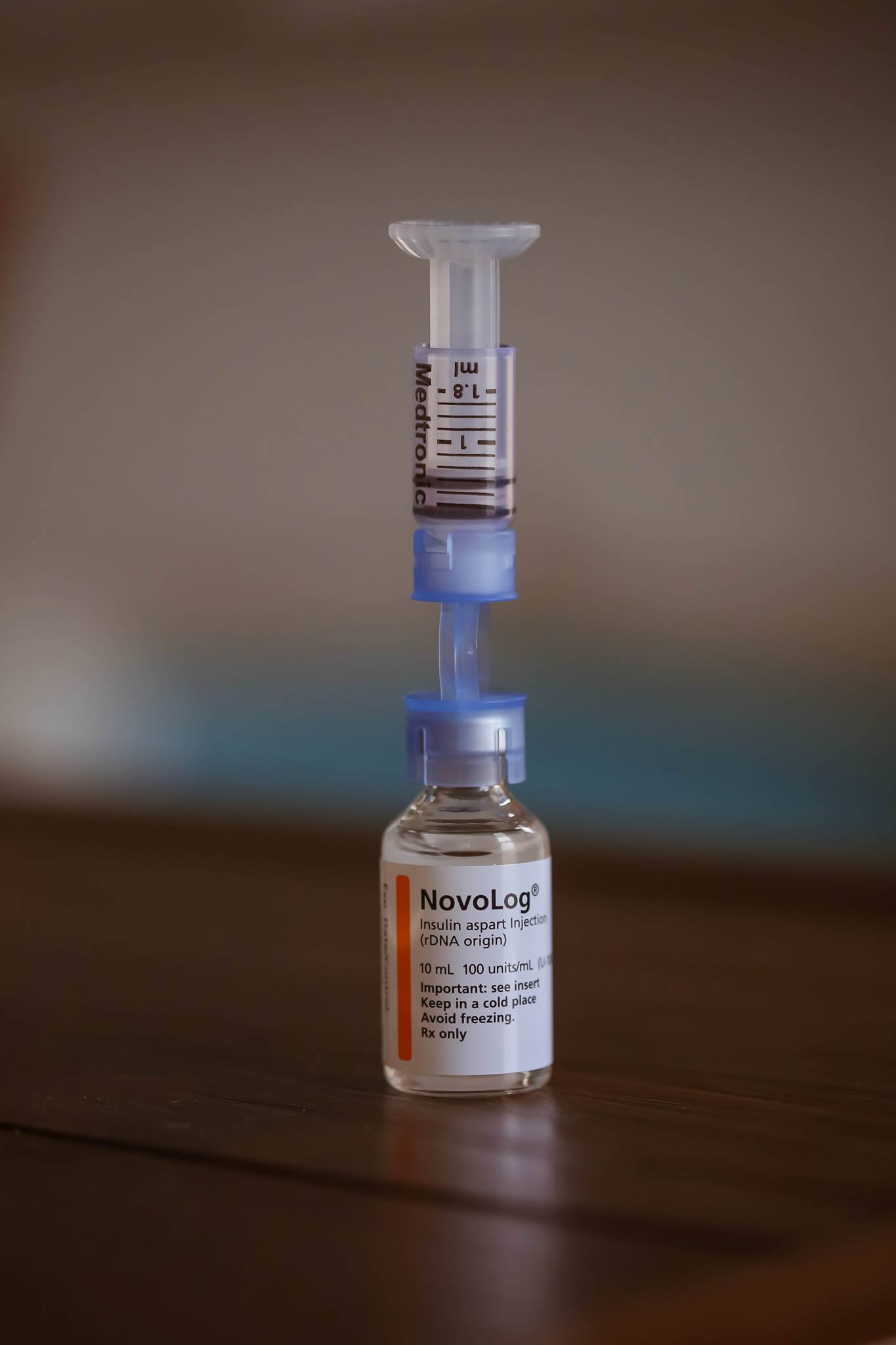
I noticed as I walked down the hall, people would eye my waist, where my insulin pump would sit everyday. I felt that same rush of humility, yet again. I became embarrassed by diabetes again.
So much so, I stopped checking my blood sugar everyday at school. This made my A1C levels rise, but I didn’t care. This increased blood sugar spikes during the day which affected my performance in school, but I didn’t care. I would accidentally give too much insulin, which would plummet my blood sugars, but I didn’t care.
I risked my health to seem normal. It became unhealthy. It was affecting my grades, my mental health and of course, my physical well being. As I grew up and realized that differences are what make us interesting, I started to embrace diabetes.
I started to be proud that I was one of the 3 million people in the United States to have Type 1 Diabetes and empower people to not be embarrassed by something that they can’t control.
After 5 years with diabetes, I still notice the stares in public when I check my blood sugar. And notice people staring at my waist, but my outlook has changed. I wear my insulin pump proudly and answer questions with confidence. I help people understand that it isn’t uncommon or weird.
Diabetes is difficult as it is, don’t make it more difficult by trying to pretend you’re someone you’re not. Embrace the 1 AM lows, embrace the subconscious carb counting, embrace the impromptu insulin pump site changes in public. It’s apart of who we are. And it’s okay to be a bit different.
